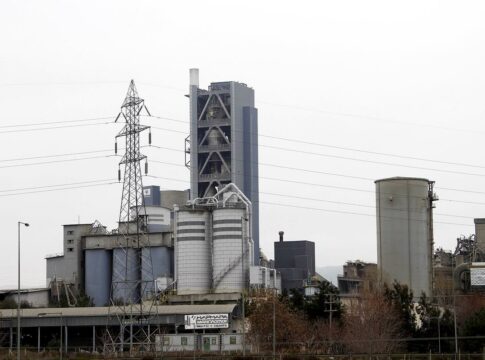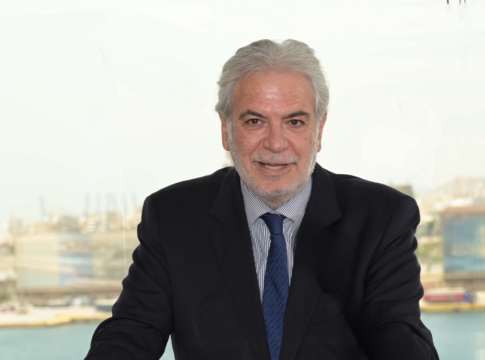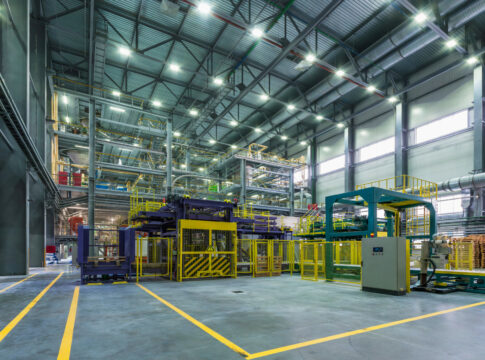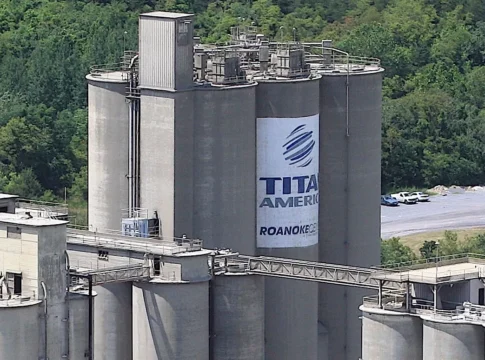The demand for investments in the hospitality sector in Greece is increasing with new “players” entering the market, including international brands, while at the same time strong Greek chains are developing and the quality of the country’s hotel potential is being upgraded, with the number of five-star units having increased in recent years by 120%.
Theodoros Papakonstantinou, consulting partner of Deloitte Greece in matters of strategy, business planning, acquisitions and mergers, pointed out at the “Athens Riviera Summit 2024” that more than 60 new hotel development projects are estimated to be under construction and preparing to “enter” in the Greek market until 2027.
However, there are still obstacles to the further development of the hospitality sector.
Stable and transparent framework for urban planning
“The most important thing is to have a clear, stable and transparent framework for urban planning (…) Urban planning is pending in many regions of Greece, but I am optimistic that things will speed up.
A second issue is access to finance. I think systemic banks have improved and they have created teams and departments, the Recovery Fund is helping, there is an overall improvement,” he explained.
Lack of infrastructure
Investments will come when the destination becomes attractive. We need to have infrastructure, for example, water and waste management, and manage it properly, but also do a lot of things about the rail or road network.
In addition, another comparative advantage is investments in staff. There is a shortage of staff, especially in the tourism sector. Can we turn this weakness into our strength?” asked Papakonstantinou and added that although most investments today concern the construction or renovation of hotels, there is nevertheless interest from private funds and investors in the development of new concepts, such as the creation of communities for the elderly, wellness, medical and “green” tourism.
“We need to be optimistic about Greek tourism, but also realistic, in terms of what we need to do as a country and the private sector, in order to attract more sustainable and quality investments,” he concluded.














